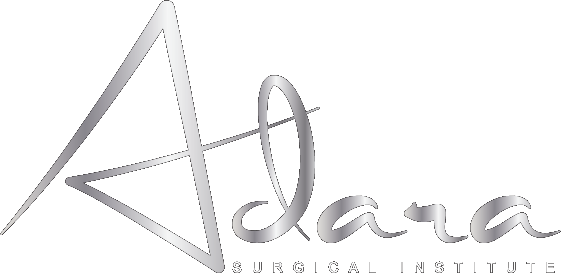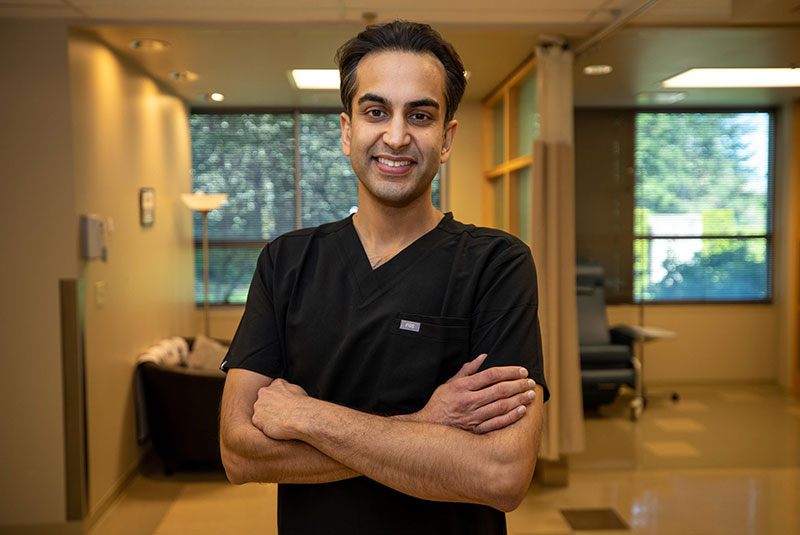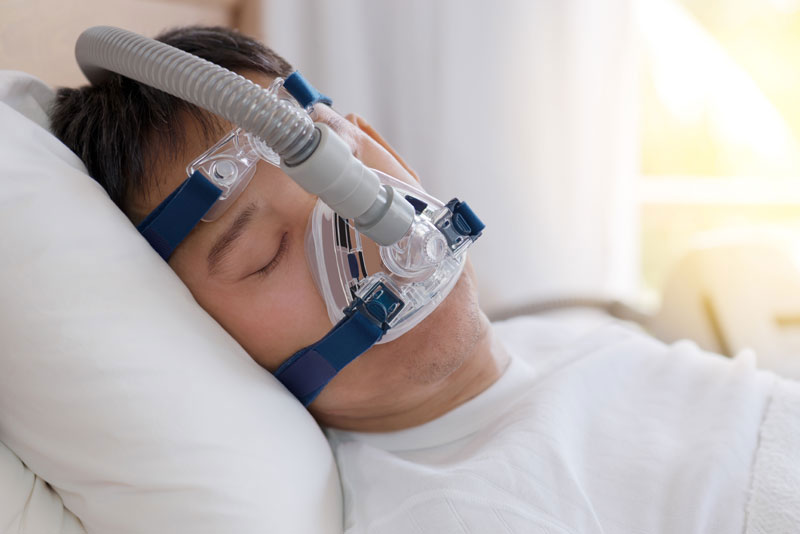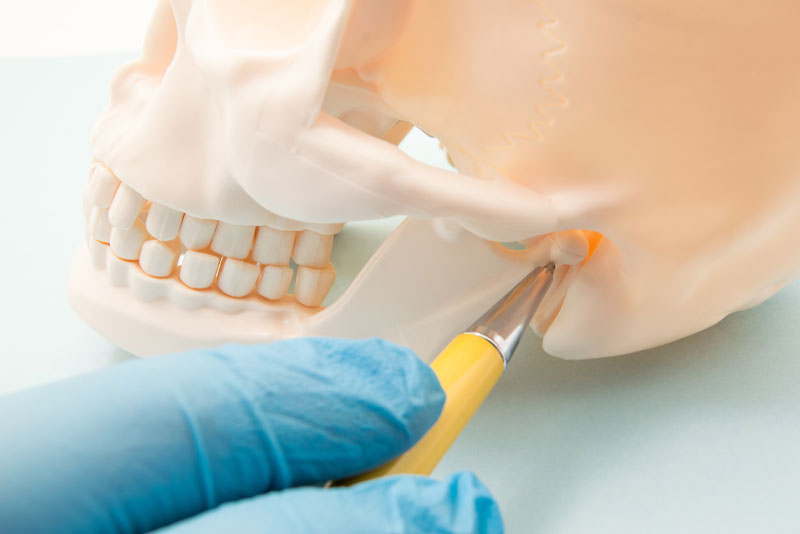

Sleep apnea can significantly impact your well-being, causing disruptive sleep patterns and affecting your daily life. Common symptoms of this condition include loud snoring, chronic fatigue, difficulty concentrating, and memory problems. Moreover, sleep apnea has been linked to serious systemic health complications like diabetes, high blood pressure, and cardiovascular issues.
This sleep disorder is characterized by repetitive pauses in breathing while asleep, known as apneas, which can last for several seconds to minutes and occur multiple times throughout the night. There are two main types of sleep apnea: obstructive sleep apnea (OSA) and central sleep apnea (CSA). OSA is more prevalent and occurs when the muscles at the back of the throat relax excessively, causing airway blockage. CSA, on the other hand, results from the brain’s failure to send proper signals to the muscles that control breathing.
This sleep disorder is characterized by repetitive pauses in breathing while asleep, known as apneas.
Due to the disruptions in the sleep cycle and reduced oxygen supply to vital organs and tissues, sleep apnea poses significant health risks. It has been associated with an increased likelihood of developing heart disease, high blood pressure, stroke, diabetes, and obesity. If you experience loud snoring or display other signs of sleep apnea, we encourage you to seek personalized sleep apnea treatment from our oral surgeon, Dr. Hardeep Dhaliwal in Issaquah, WA.


When it comes to your oral health and well-being, receiving care from experts with advanced and specialized education can make a significant difference. Our oral surgeon, Dr. Dhaliwal possesses extensive training and expertise in the field of dentistry, including advanced and specialized education in oral and maxillofacial surgery.
With years of rigorous training and hands-on experience, Dr. Dhaliwal is equipped to handle a wide range of complex dental and facial conditions. Whether it’s dental implant placement, wisdom teeth extraction, jaw surgery, or treatment for sleep apnea, Dr. Dhaliwal’s proficiency ensures that you receive the highest quality of care, tailored to your specific needs. Rest assured that with our expert guidance, you are in the hands of a skilled professional who is dedicated to improving your oral health and overall well-being.

The initial approach to sleep apnea treatment typically involves conservative treatments and therapies. This may include weight loss programs, CPAP machines, and oral appliances that assist in keeping the tongue and tissues from obstructing the upper airway during sleep. If you have mild to moderate sleep apnea, these conservative options often prove effective in reducing symptoms and enhancing sleep quality.

When conservative treatments have proven ineffective in alleviating sleep apnea symptoms, surgery may become a necessary option. Surgical interventions for sleep apnea can include procedures such as soft palate surgery (UPPP), tongue repositioning, tonsillectomy, or nasal recontouring (septoplasty). These surgical techniques involve the removal of portions of soft tissues to create a wider airway, effectively improving breathing during sleep. If non-surgical approaches have not yielded satisfactory results, surgical options can be considered to provide relief and enhance sleep quality.

In severe cases of sleep apnea, advanced surgical treatments may be necessary, such as orthognathic surgery to reposition the lower jaw. Also known as maxillomandibular advancement surgery, this procedure involves moving the foundation of the face forward to enlarge the upper airway. By doing so, the airway becomes more resistant to pressure from soft tissue collapse, effectively reducing obstructions during sleep. If you have severe sleep apnea, this specialized surgical approach can offer a significant improvement in breathing and overall sleep quality.
I understand the information disclosed in this form may be subject to re-disclosure and may no longer be protected by HIPAA privacy regulations and the HITECH Act.